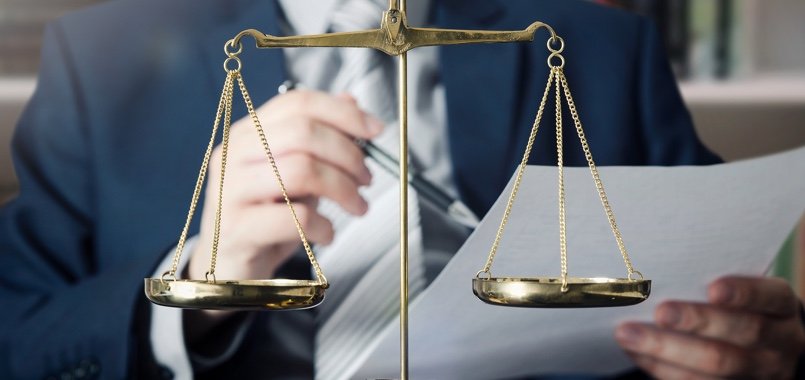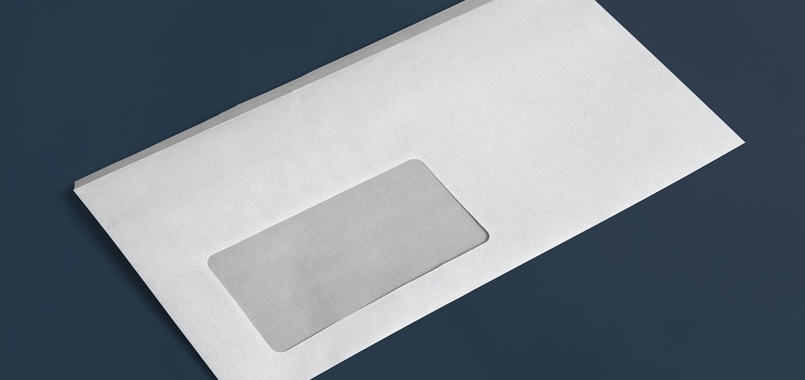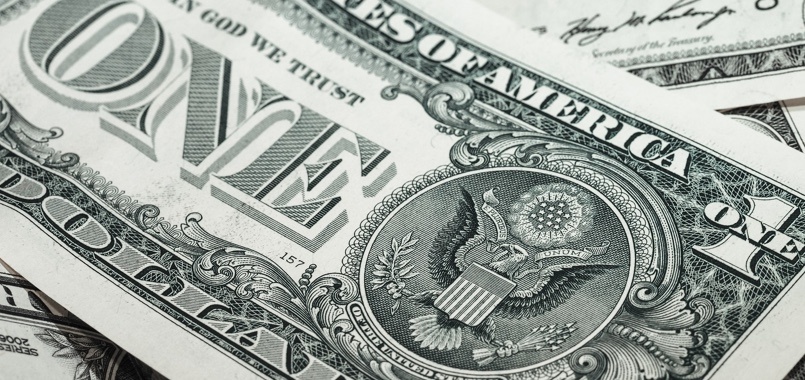Finding the “right” lawyer to represent you is often the most critical factor in a successful recovery.

Insurance companies have the financial resources to hire skilled lawyers who specialize in defending personal injury claims. The experience and skills of your lawyer will play a pivotal role in the amount of compensation you receive.
Most injury victims do not know that the best, most successful personal injury attorneys in your community charge fees that are the same as inexperienced lawyers who have no track record of success in the courtroom.
Don’t make the mistake of choosing a personal injury lawyer from ads alone. There are unscrupulous lawyers who will settle your case quickly for whatever the insurance company will offer because these firms work on a “high volume” and “quick turnover” basis. Every community has a number of personal injury “wannabe” lawyers who would like to grab your case and settle it quickly for low dollars for you (but a high return for the lawyer’s time investment).
So how do you find a good lawyer for a serious personal injury lawsuit?
Like most important decisions, you need to do some “homework” on the lawyers in your community. When you decide to meet with an attorney to discuss your case, you need to ask the right questions to find out if the attorney has a proven track record of success.
The purpose of this free report is to provide you with insights that most injury victims never bother to learn about lawyers who handle personal injury claims. If you follow the advice contained in this report, it may make the difference between winning your case or going home with nothing or significantly less than your case is worth.

1. There are sources that rate personal injury lawyers based on what their colleagues say about them.
How do you find a top-notch lawyer for a serious personal injury case? There are resources you can check before deciding which lawyer to schedule a consultation with. One of the most reliable ways to research a lawyer’s qualifications is to check sources that rate personal injury lawyer reviews based on what their fellow lawyers (and their competitors) say about them. Please understand that there is no other official “rating” system for personal injury lawyers besides peer review by other lawyers. Here are the peer review rating systems that you should check out:
- The Martindale-Hubbell Bar Registry (www.martindale.com) has peer review ratings of more than 1 million lawyers across the country. It publishes short biographies of these lawyers. For over 130 years, Martindale-Hubbell has been the most respected source of authoritative and reliable information about members of the legal community in the United States. An “AV” rating identifies a lawyer and a firm with a very high to preeminent legal ability and is the highest reflection of expertise, experience, and integrity and overall professional excellence. Martindale-Hubbell ratings are established by attorneys for attorneys and it states: “clearly indicates a demonstration of the highest professional and ethical standards.”
- The Best Lawyers in America. (www.bestlawyers.com) The lawyers listed in Best Lawyers been selected by their peers as “the best” in 57 specialties, including personal injury and medical malpractice law.
- Superlawyers. ( www.superlawyers.com) Super Lawyers is an annual listing of outstanding lawyers from more than 70 practice areas who have attained a high degree of peer recognition and professional achievement. Law & Politics performs the polling, research, and selection of Super Lawyers in a process designed to identify lawyers who have attained a high degree of peer recognition and professional achievement. Only five percent (5%) of the lawyers in each state are named Super Lawyers.
2. Ask the lawyer, “What percentage of your cases are referrals from other lawyers”?
If you want to know who the top-notch personal injury lawyers are in your community, ask the lawyers who practice there. It’s important to find out whether a significant percentage of a lawyer’s caseload comes from referrals from other lawyers. In any field or profession, the professionals who work in the field usually know who’s good and who’s not. If you have an attorney or a friend who practices law, that might be a good place to start. Even if he or she doesn’t handle injury cases, they are bound to have colleagues who are familiar with the personal injury or malpractice lawyers who are recognized by their peers as being the best in your community.
3. Be careful about lawyers who send “solicitation” letters to your home following an accident.
Recently, an increasing number of personal injury lawyers have been hiring runners or “gophers” to obtain traffic accident reports prepared by local and state police officers. Once the accident reports are obtained, a member of the law firm’s staff will comb through the report to find the name and address of the accident victim. The law firm will then mail a “solicitation” letter to the injury victim informing him/her that the law firm is ready and willing to represent the accident victim in a personal injury case. In our community, it is not unusual for an accident victim to receive fifteen to twenty solicitation letters from law firms. There is a law firm in southern Indiana that sends a solicitation to every single traffic accident victim in the entire state where there is a police report. There are law firms that will continue to send solicitation letters after the initial letter is sent and will even have a staff member call the accident victim and ask if they received the solicitation letters.

The vast, vast majority of law firms that rely on solicitation letters operate on a “high volume, quick turnover” basis. They have difficulty attracting referrals from satisfied clients or other lawyers so they resort to sending out hundreds (and sometimes thousands) of solicitation letters hoping that they will receive responses to their mass mailings. It’s probably safe to say that injury victims who choose an attorney based on a solicitation letter they receive in the mail aren’t doing a lot of research on the law firm they are hiring. Many states are in the process of enacting rules and laws to prohibit lawyers from sending solicitation letters to accident victims.
4. Virtually all personal injury lawyers offer a free consultation and will not charge a fee unless there is a recovery.
Anyone who has ever seen or received any type of advertisements (TV commercials, yellow pages, internet sites, direct mail solicitation letters, etc.) from personal injury firms quickly learns that every injury lawyer makes the same offers:
- “No fee if no recovery.”
- “Free initial consultation.”
- “We will visit you at home or in the hospital.”
A lawyer who offers you a “free consultation” and tells you that he or she will not charge a fee unless there is a recovery in your case (known as a “contingent fee” agreement) is not offering you anything out of the ordinary. Almost every lawyer who specializes in handling personal injury cases will make the same offer.
5. What does it mean when a lawyer says “no fee if no recovery”?
Almost every personal injury lawyer handles injury cases on a contingent fee basis. A “contingent” fee means that there is no attorney fee unless there is a recovery and the fee is a percentage of the amount recovered. (i.e. usually 33.33% of the amount recovered). That means that the lawyer will not charge the client a fee unless there is a recovery. Sounds simple, right? Not so fast. This is an area where personal injury victims need to be careful before they make a decision on a lawyer for their case.

If a lawyer agrees to handle your injury case on a contingent fee basis and loses the case, there’s not going to be an issue on whether you owe the lawyer anything for his or her attorney fee. You don’t owe anything. One-third of nothing is nothing. However, consumers must understand that there is a big difference between attorney fees and the case “expenses.” Almost every personal injury case will entail some case “expenses” that need to be paid in order to prepare the case properly. Case expenses are monies paid to third parties to keep the case going: expert witness fees, court reporter fees, charges for medical records, charges for physician reports, filing fees and the many other expenses that go into a personal injury lawsuit.
Case expenses are handled differently by different law firms. In a typical motor vehicle accident case, where the settlement is less than $100,000, the case expenses are usually less than $5,000. However, in a serious personal injury case involving permanent or catastrophic injuries, or in a medical malpractice case, the litigation expenses can run up to $50,000 or more. There are different ways these ongoing litigation expenses are handled by different firms, depending, in large part, on the firm’s philosophy and the firm’s financial resources:
- One way is to require the client to pay all or a substantial share of the litigation expenses at the start of a case or on an ongoing basis. That method can create serious financial issues for a client.
- Another way is for the lawyer to pay all the expenses as the case goes along, with the client reimbursing the lawyer out of any recovery at the end of the case, after the lawyer’s contingency fee is deducted. For example, if the recovery is $270,000, and the lawyer and the client have agreed to a one-third contingent fee plus reimbursement of the expenses advanced by the lawyer, and the lawyer has advanced $10,000 toward the case expenses, the final disbursement of the settlement will look like this:- you will receive $170,000
– the lawyer will receive $90,000 for his attorney fee;
– $10,000 will be paid back to the lawyer to reimburse expenses.
What happens to the expenses if the case is lost? Some lawyers have a policy of not asking the client to reimburse the law firm for the “out of pocket” expenses. Other lawyers expect the client to reimburse the law firm for all the expenses if the case is lost. As a consumer who has choices, you need to find out the lawyer’s policy on expense reimbursement in situations where the case is lost. If a lawyer tries to tell you “don’t worry about it, I’ve never lost a case,” don’t accept that response. Even the very best personal injury lawyers lose cases from time to time.
Finding a personal lawyer? Just contact us for more information.